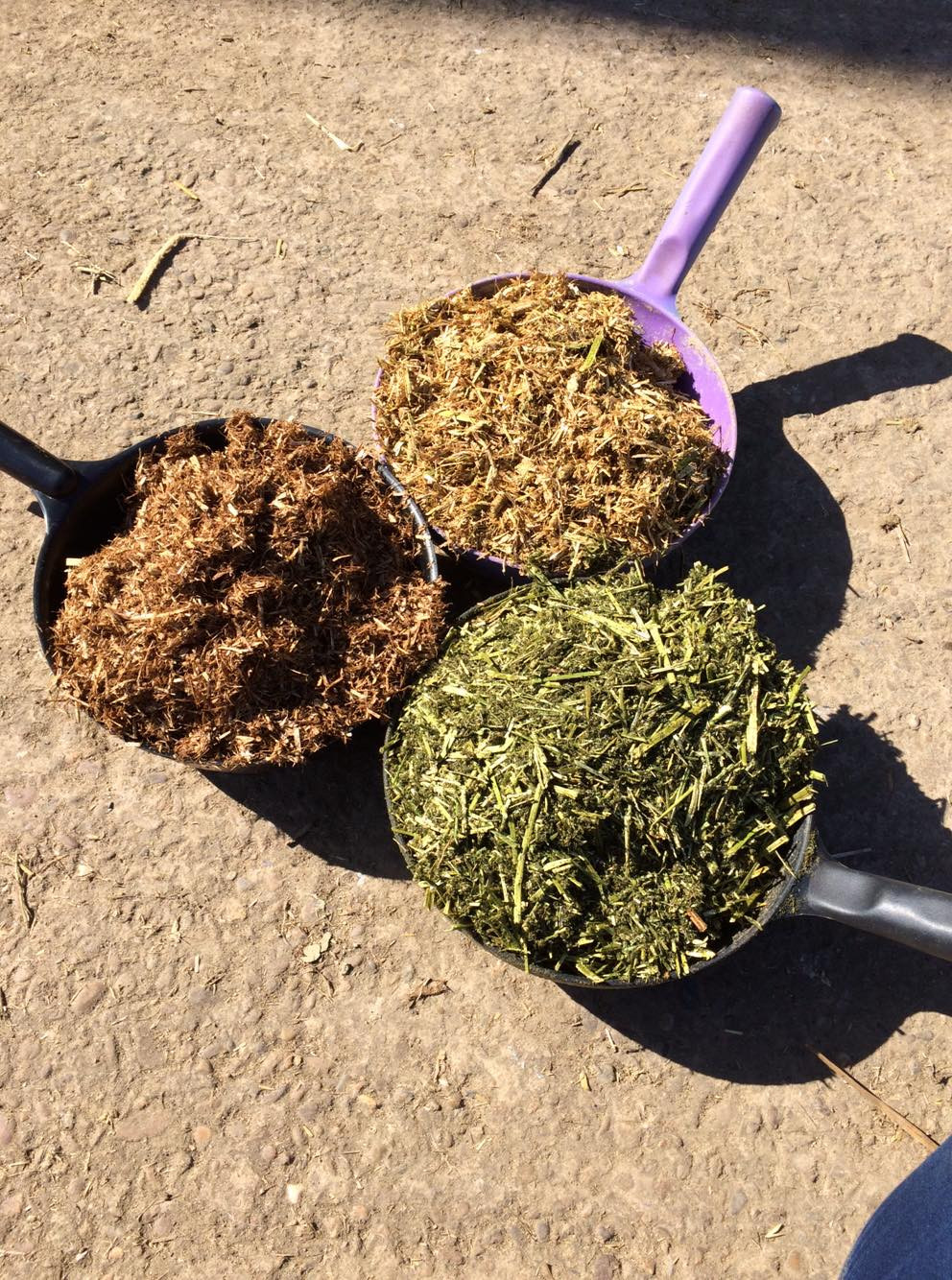Best feeds for weight gain
We're half way through winter and many clients are now struggling to keep weight on their horses and ponies. Grass is by far the best way to add condition and weight to horses and there is not much of it around at this time of year and the little grass there is is a much lower quality compared to the rest of the year. If you need to increase the condition of your horse then consider any (or all) of the following 8 suggestions. All of these suggestions are suitable for older horses, horses with Equine Cushings Disease and horses with or prone to Gastric Ulcers.
-
Ad Lib hay/ haylage – this is the cheapest way to put weight on your horse and should be your first choice. Ad Lib means that your horse has access to hay/ haylage all the time and when you come down in the morning there should still be some left over.
-
If your horse already gets offered ad-lib forage but doesn't eat much of it consider an alternative such as grass nuts or ReadiGrass fed in large buckets to supplement the hay/haylage they do eat.
-
Ensure bucket feeds are high in fibre – include Sugar-beet or Fibre-beet to all feeds as they are highly digestible fibre sources.
-
High oil feeds such as micronised linseed (Thunderbrook) can be added for additional calories and energy.
-
Select a chaff high in Fibre and Oil such as Dengie Alfa-A Oil which contains the same amount of energy as a competition mix but is much better for digestive health.
-
Add oil to your horses diet such as soya oil, corn oil or vegetable oil. Oil is a good source of concentrated fat and calories, start with just a drop and build up to 150-200ml per day.
-
Baileys Outshine is a calorie dense high fat feed that can be added in small quantities to your horses feed to boost calories and energy without making the feed too big or overwhelming which is especially useful for fussy eaters.
-
Feeds such as Top Spec UlsaKind cubes or Baileys No.21 Ease and Excel provide a high fibre source of energy that is low in starch and sugar therefore suitable for horses prone to gastric ulcers.
Finally, remember to introduce any feeding changes very gradually and ensure you're feeding the manufacturers recommended quantity for the weight of your horse. Ensure to add a balancer too as the above suggestions may create a vitamin/mineral imbalance in your feed.
If you have any questions or need advice on feeding your horses then please call us today to speak to one of the team.
Jenny x
Veterinary Surgeon, Ridings Equine Vets

